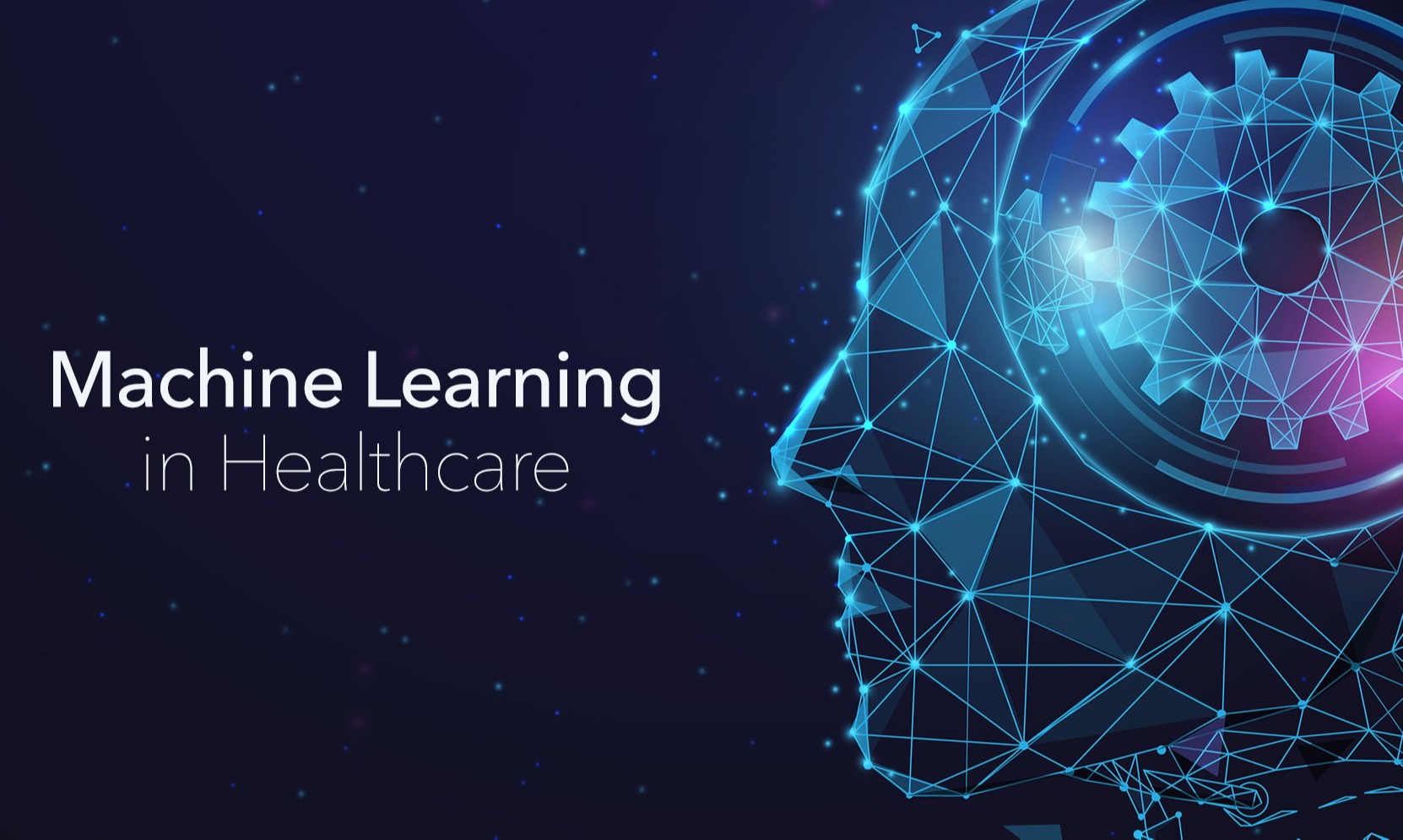

Ren Mission
Benefits of Machine Learning in Healthcare
Healthcare is an industry that is constantly evolving. New technologies and treatments are being developed all the time, which can make it difficult for healthcare professionals to keep up. In recent years, machine learning technology has become one of the most popular buzzwords in healthcare. But what is it, why is it so important for patient data and what are some of the benefits of machine learning in healthcare?
What is Machine Learning?Machine learning is a specific type of that allows systems to learn from data and detect patterns without much human intervention. Instead of being told what to do, computers that use machine learning are shown patterns and data which then allows them to reach their own conclusions.
Machine learning algorithms have a variety of functions, like helping to filter email, identify objects in images and analyze large volumes of increasingly complex data sets. Computers use machine learning systems to automatically go through emails and find spam, as well as recognize things in pictures and process big data.
Machine learning techniques is a growing field of research with many potential applications. As patient data becomes more readily available, machine learning technology will become increasingly important to healthcare professionals and health systems for extracting meaning from medical information.
Why is Machine Learning Important for Healthcare Organizations?For the healthcare industry, machine learning is particularly valuable because it can help us make sense of the massive amounts of healthcare data that is generated every day within electronic health records. Using machine learning in healthcare like machine learning algorithms can help us find patterns and insights that would be impossible to find manually.
As machine learning in healthcare gains widespread adoption, healthcare providers have an opportunity to take a more predictive approach that creates a more unified system with improved care delivery and patient based processes.
The most common healthcare use cases for machine learning are automating medical billing, clinical decision support and the development of clinical practice guidelines within health systems. There are many notable high-level examples of machine learning and healthcare concepts being applied in science and medicine. At MD Anderson, data scientists have developed the first deep learning in healthcare algorithm to predict acute toxicities in patients receiving radiation therapy for head and neck cancers. In clinical workflows, the data generated by deep learning in healthcare can identify complex patterns automatically, and offer a primary care provider clinical decision support at the point of care within the electronic health record.
Large volumes of unstructured healthcare data for machine learning represent almost 80% of the information held or “locked” in . These are not data elements but relevant data documents or text files with patient information, which in the past could not be analyzed without a human reading through the medical records. Human language, or “natural language,” is very complex, lacking uniformity and incorporates an enormous amount of ambiguity, jargon, and vagueness. In order to convert these documents into more useful and analyzable data, machine learning in healthcareoftenrelies on artificial intelligence like (NLP) programs. Most deep learning in healthcare applications that use NLP require some form of healthcare data for machine learning.

Ren Mission
Love Building great things.